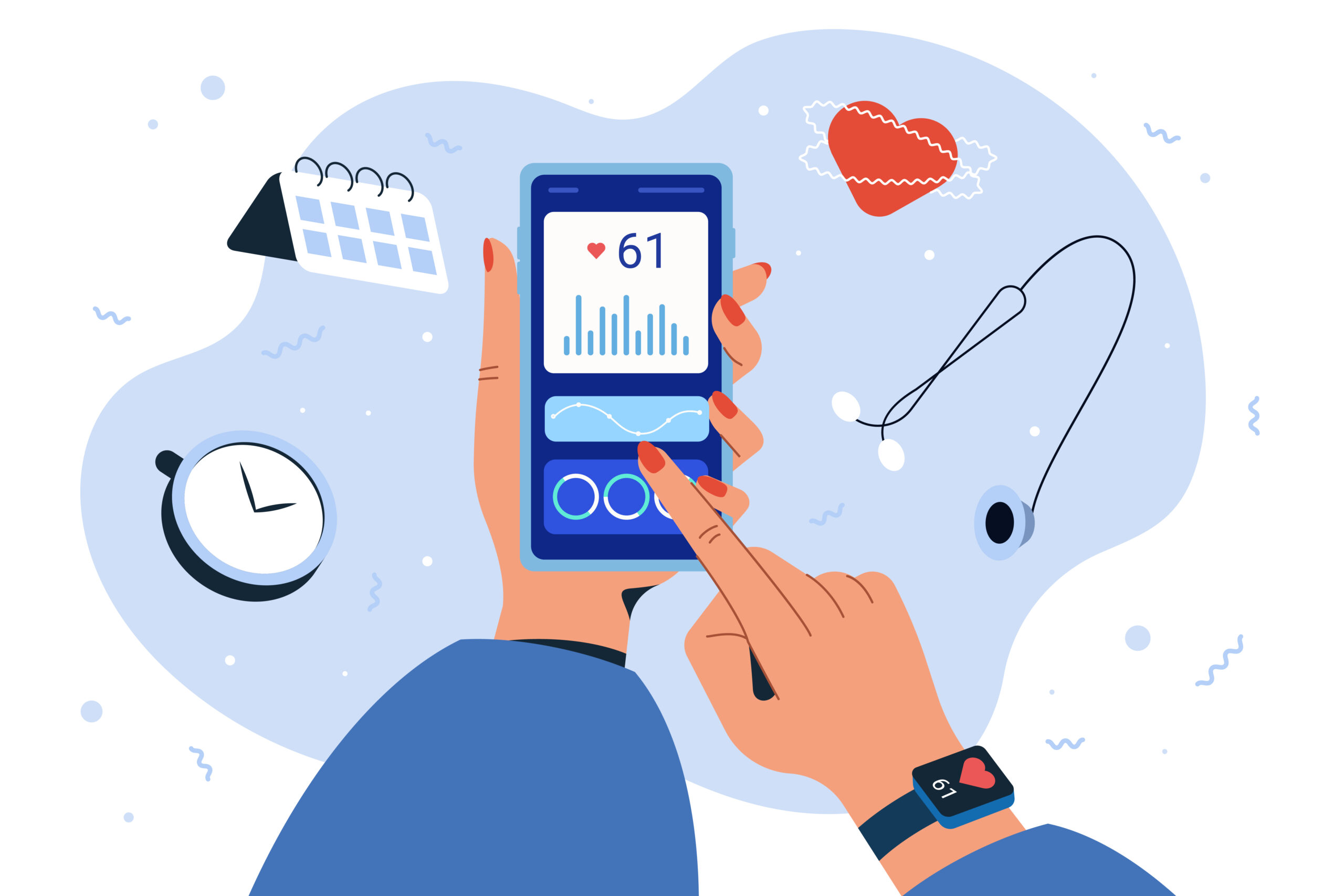A person’s heart rate is the number of heartbeats per minute, also known as pulse rate. A low resting heart rate is an indication of a healthy heart and body. The normal heart rate varies from 60 to 100 (beats per minute). To determine your heart rate, check your pulse. According to Dr. Sanjay Kumar, the best Cardiologist in Faridabad, a healthy heart and weight are crucial for good life and are advantageous to your well-being.
A quick or fast heart rate should be monitored and treated since it raises the risk of a heart attack, cardiovascular disease, and stroke. The heart rate fluctuates throughout the day, based on the activities that an individual engages in. Walking, sitting, and lying down all demand varying levels of energy and effort, leading the heart to beat quicker. When a person’s heart rate goes outside of the usual range, it indicates a serious health problem.
What are the symptoms of change in heart rate?
- Irregular heartbeat
- Chest pain
- Dizziness
- Tiredness
- Shortness of breath
- Fatigue
When to see a doctor?
As a result, if you are experiencing any of the symptoms or consequences listed above, you should immediately visit the best cardiologist in Faridabad and take the following steps.
Request an appointment. Call +91-9818391954 to book an appointment.
What are the causes of change in heart rate?
The following are some of the most prevalent causes of a change in heart rate:
- Weather: High humidity or temperature causes the body’s heart rate to increase in order to reduce the heat off.
- Exercise: Physical exertion causes an increase in heart rate because the heart must swiftly transport oxygen to all muscle cells. The increased heart rate would be determined by the degree of strain placed on the body throughout the workout.
- Emotional stress: Feeling overwhelmed or angry can lead to stress, which raises the heart rate.
- Changing body positions quickly: Rapid and frequent shifts in body posture might raise the heart rate. Standing up fast, for example, would raise the heart rate.
- Hormonal changes: Changes in hormonal levels would temporarily alter the heart rate, resulting in a fast pulse rate.
- Prescription drugs: Some medications might temporarily raise the heart rate.
- Fear: Fear is one of the most intense kinds of stress that causes an increase in heart rate.
What are the treatment options for an irregular heart rate?
Some of the treatment method that may aid in the prevention and management of heart rate include:
Catheter ablation – It is done when an additional electrical route causes an elevated heart rate.
Medications — Beta-blockers and calcium channel blockers, for example, may assist to avoid fast pulse rate.
Pacemaker – A pacemaker helps treat some types of cardiac problems.
Surgery – In certain circumstances, heart surgery is necessary to address irregular heartbeats.
What are the complications with a high heart rate?
When your heart beats quickly, it may not be able to deliver or pump enough blood to various parts of your body. This can harm the body’s tissues, organs, and cells, resulting in serious consequences such as low physical fitness, weakness, low blood pressure, chest discomfort, obesity, low energy levels, low blood circulation, heart failure, breathing difficulty, and stroke.
What preventive measures can be taken to maintain the heart rate?
Some preventive measures that can help prevent an irregular heartbeat are
- Reduce your intake of coffee and alcohol. Caffeine, such as coffee, should be avoided or consumed in moderation.
- No smoking is permitted. You should quit the smoking habit. If you want to quit smoking, go to your doctor.
- Keep your blood pressure in check. You should make certain lifestyle modifications, such as reducing your salt intake and eating a well-balanced, healthy diet.
- Regular activity and a healthy diet. You should eat nutritious foods and exercise often to maintain your heart healthy.
Conclusion
Heart disease is one of the main causes of mortality worldwide, according to statistics. An individual’s heart rate is critical to their overall health. The typical resting heart rate range, which is between 60 and 72 beats per minute. For any questions about heart health, please contact Dr. Sanjay Kumar, the best Cardiologist in Faridabad.

